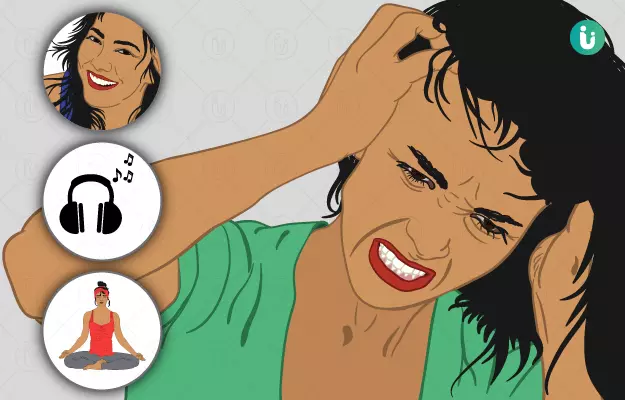Anger is a natural emotion—we all feel angry at one point or another. Horns honking early in the morning, bullying at school or a rude colleague, we all have our own triggers for flashes, flares or outbursts of anger.
Medically speaking, anger is an emotional state which varies in intensity from mild annoyance to extreme fury and rage. It is an impulse which can be experienced in order to protect, defend or attack, to guard against a threat or a challenge.
However, if this anger is not tackled, it can turn into hostility and aggression, which can not only harm others but you too. Anxiety, stress, regret, sadness and overall feeling of isolation could follow an angry episode—all of these conditions are known to affect mental health, in turn.
Read on to know some tips that can help you deal with anger.






































